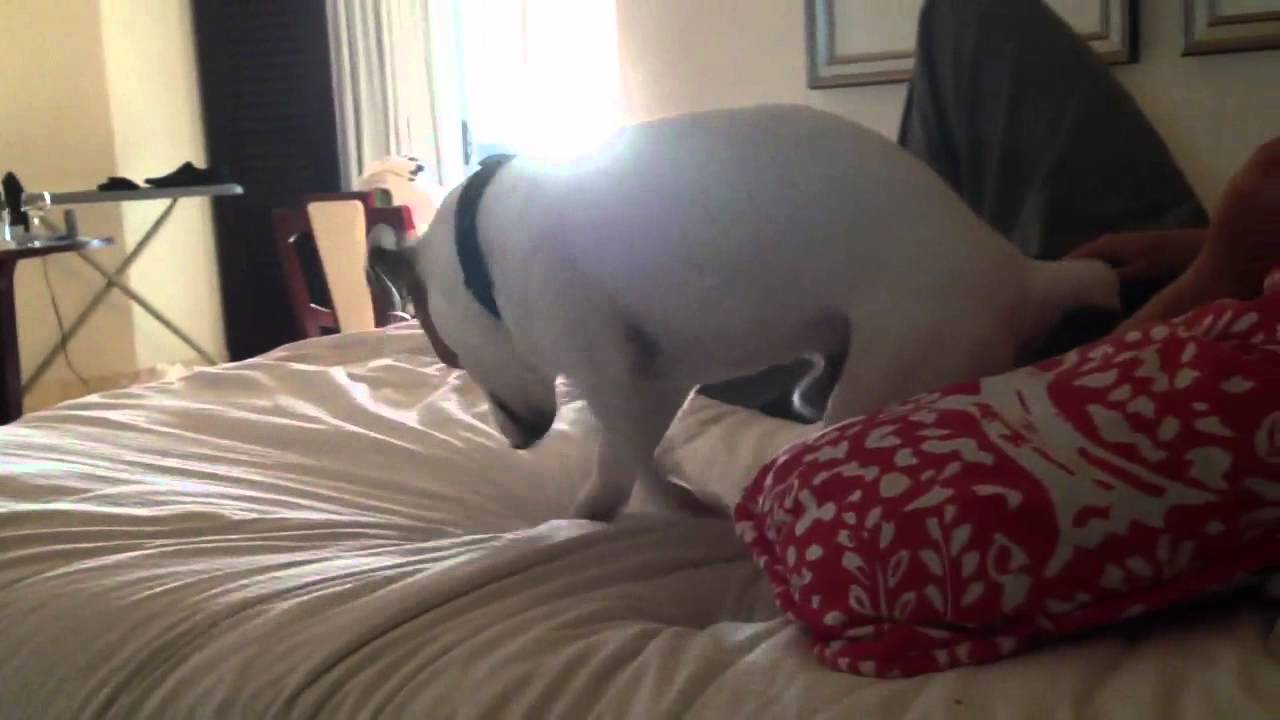Vet's Views
Denning is outcome of canine instincts
Q: My dogs dig and scratch at their bed. I chide them but they don’t listen. What should I do? Namrata Shah
Don’t worry, this is not a sign of canine insanity. This behavior, also called “denning,” is totally normal and natural. Denning results from the canine instinct to sleep in areas that are comfortable, protected, and camouflaged, and many factors can trigger this pre-sleep ritual in your pooch. Denning can also be a method of temperature control. Dogs have limited sweat glands, so they often have to get creative and adjust their environment to cool off. Dogs also burrow when they are too cold. In nature, a hole provides warm and dry protection from the elements. Furthermore, snuggling up in a burrow helps concentrate body heat. As mentioned, dogs have an instinct to sleep in a well-hidden place. Animals are incredibly vulnerable while sleeping, so being camouflaged while sleeping was a survival mechanism. Bed scratching can also be your pets’ way of claiming territory. Dogs have scent glands in their paws, so they often use scratching to disperse scent. Female dogs may have an urge to dig at their bed to prepare a comfortable nest for their puppies. This can even happen in dogs that are spayed and are not pregnant!
Q: Why does my dog softly cries and digs my bed and her bed. She keeps on whimpering as she walks around the house with a toy in her mouth, but otherwise acts normal. Deepti Chakraborthy
If you dog is an unspayed female, she could be pregnant or having a false pregnancy. False or pseudopregnancy is a term used to denote a common condition in a non-pregnant female dog that is showing symptoms of pregnancy, lactation, or nursing, without producing puppies. The affected female dog shows these symptoms about a month or two after her estrus (heat) is over. A hormonal imbalance is thought to play a central role in affected female dogs. Depending on the severity of problem, the symptoms may last for more than a month. Affected dogs may display behavioral changes, including restlessness, nesting and mothering activity. Regardless of whether she is spayed or unspayed, it is important that you have her examined by a veterinarian to rule out underlying medical causes, with symptoms such as pain or discomfort, for her behavioral changes.
Q: My Pomeranian limps on her left hind leg when she runs and sometimes walks. She shows no signs of pain and jumps up on the couch and bed. Kirti Biswas
Have her examined by your veterinarian. It could be a luxating patella. It is one of the most common orthopedic conditions that affect dogs, especially smaller breeds. The patella, or knee cap, will pop in and out of place causing intermittent lameness. Surgery is indicated if the luxation is severe. Only a vet can make this determination after an exam and xrays.
Q: My one year old cat goes under my bed I try to let him come out on his own but he runs to get his food and goes back under my bed what should I do? Naeem
The key to socializing with your pet will be patience. This may take some time. Often pets have some anxiety. I would bring it to a vet for a good physical exam. Pain, as well as other disease processes can cause an animal to behave differently. Blood work, X-rays, etc are all possibilities to help your vet ensure your pet’s health.















Leave a comment